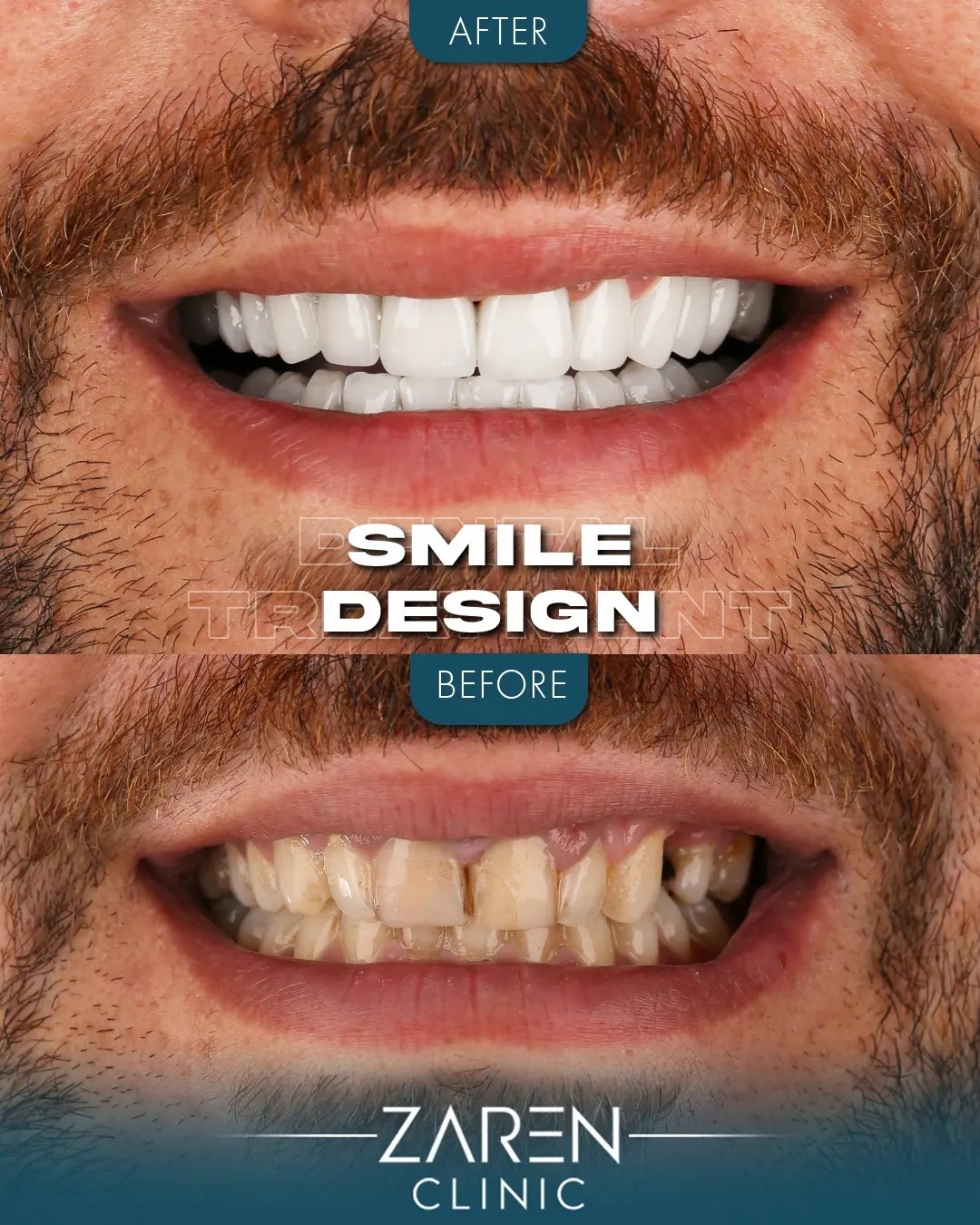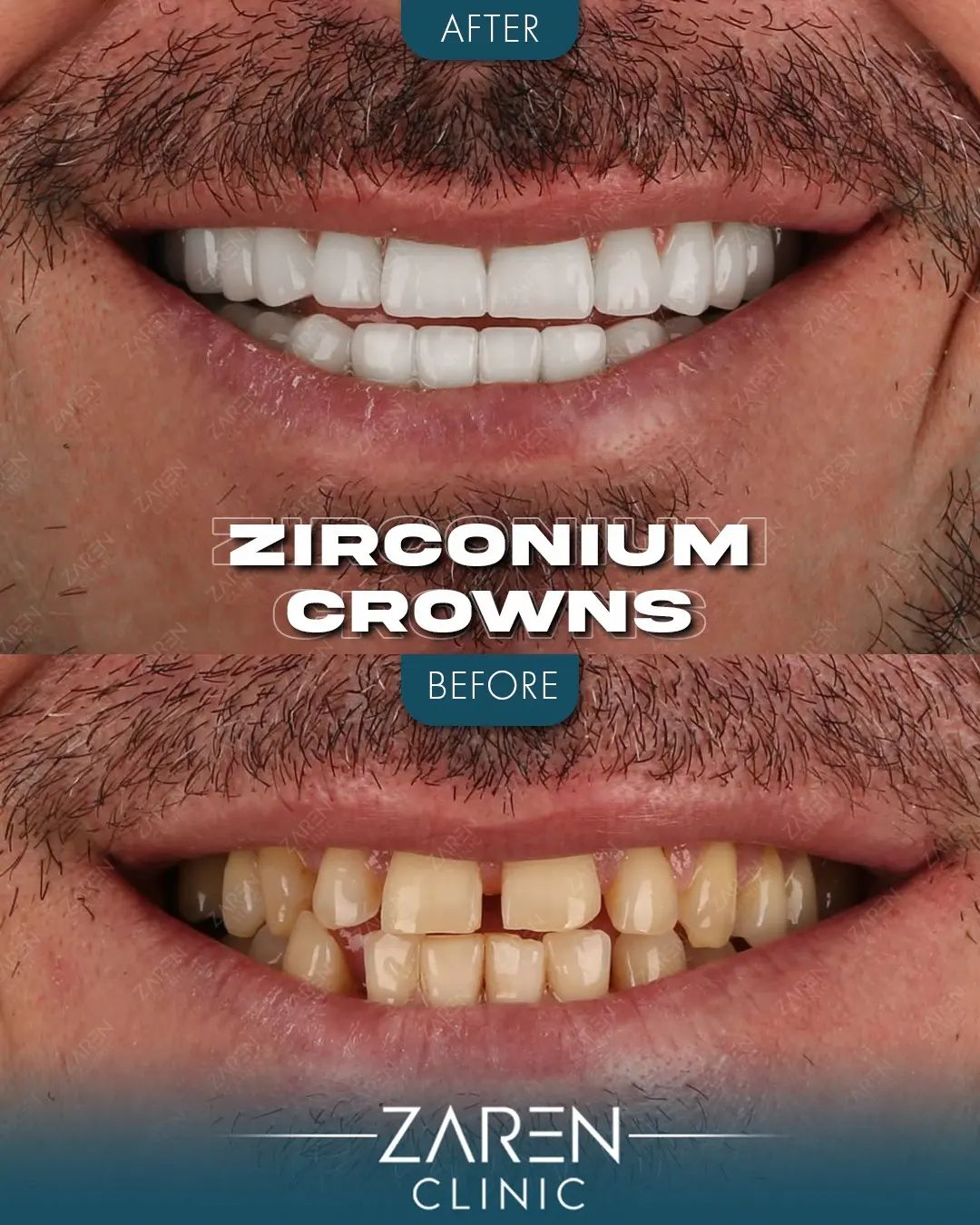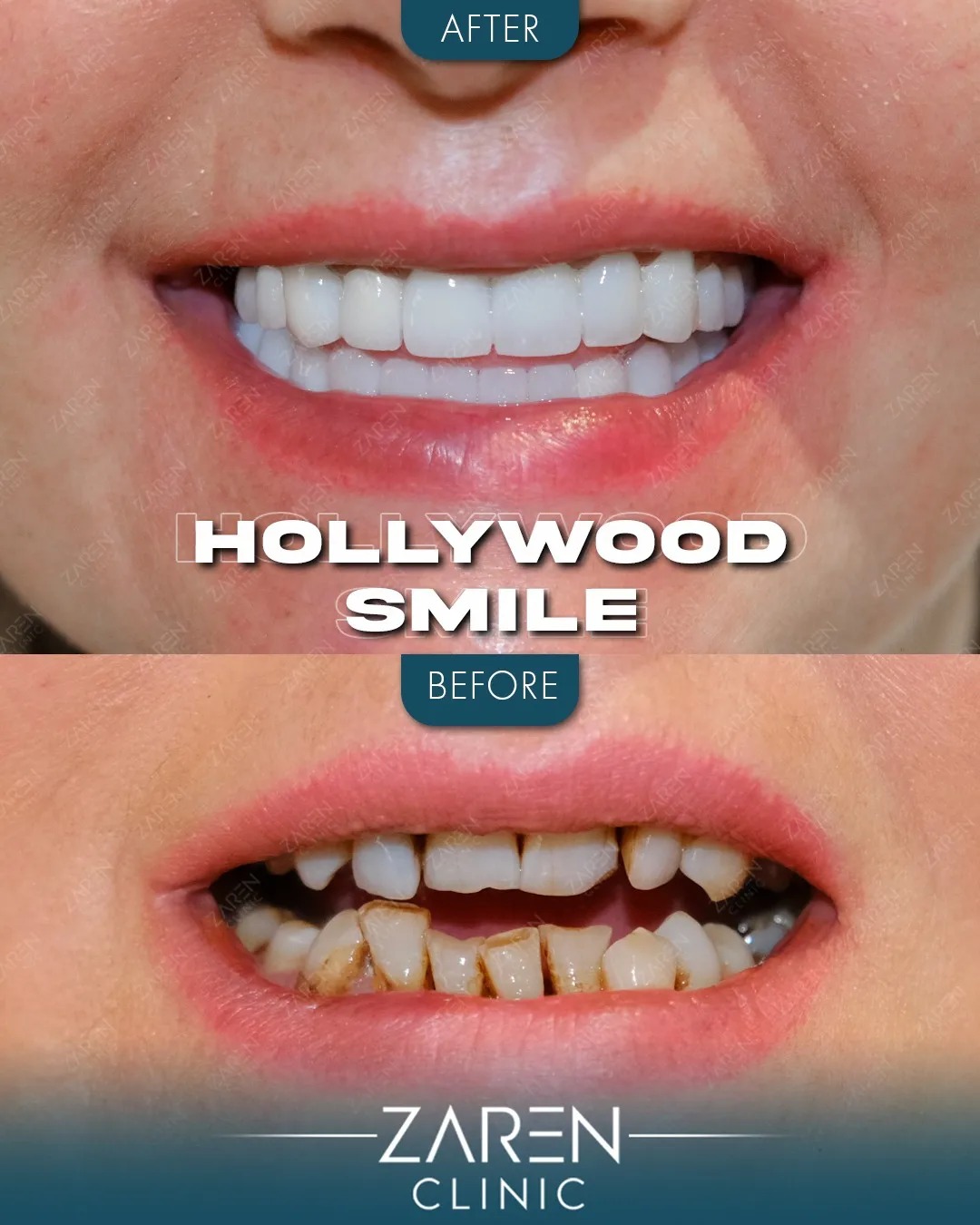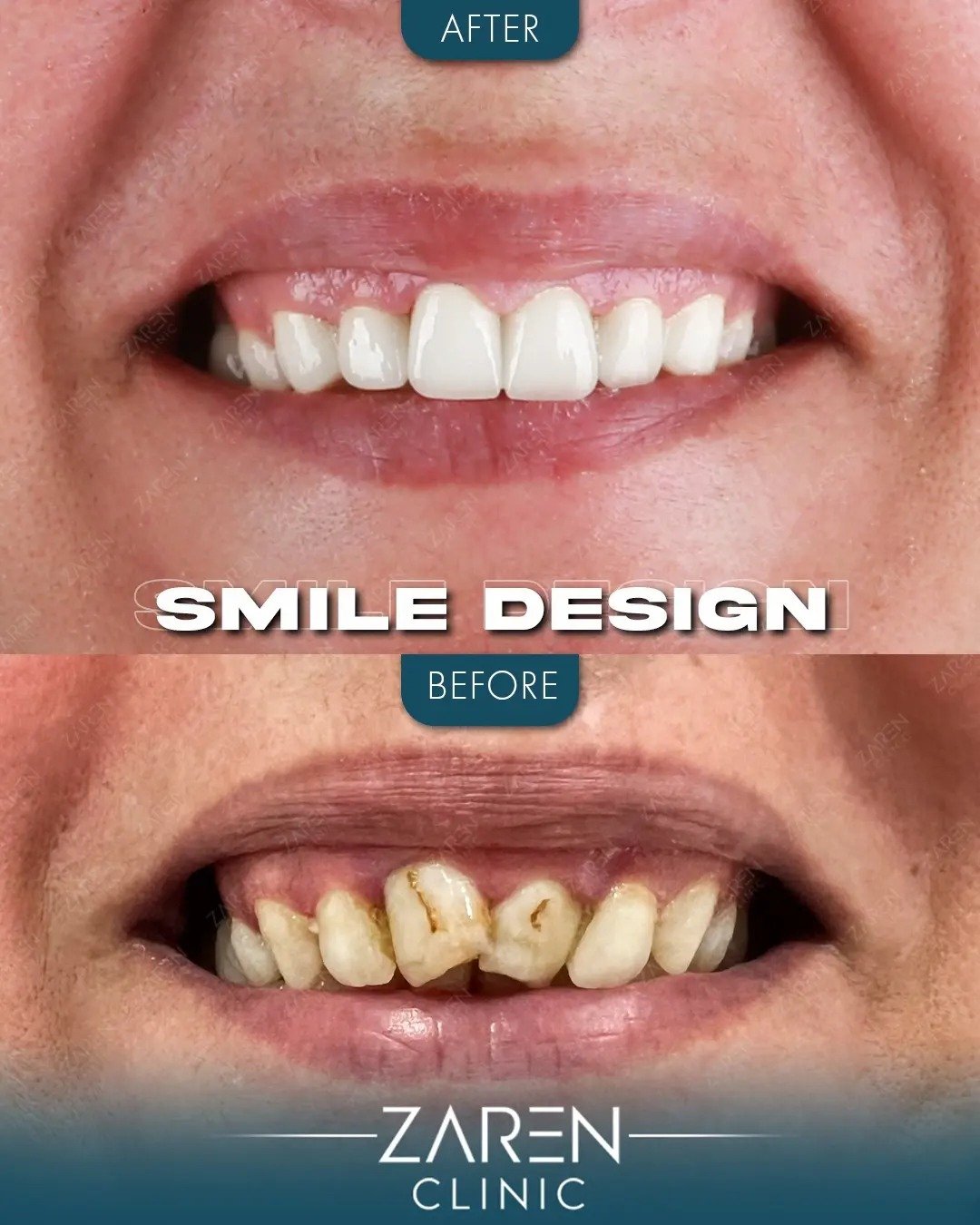When preparing for a hair transplant surgery, it is crucial for patients to evaluate and adjust their lifestyle habits for optimal results. One of the key areas of focus is the management of alcohol intake. This article delves into the specific advice regarding alcohol before after hair transplantant nd outlines why adhering to these guidelines is important for the success of the procedure .
Alcohol consumption can have several effects on the body that may complicate both the surgery and the healing process. Before surgery, alcohol can interfere with the effectiveness of certain medications and can increase bleeding risk, which is a crucial concern during any surgical procedure. After the surgery, alcohol might hinder the body’s ability to heal and can negatively affect the growth of new hair grafts Alcohol before after hair transplant.
Understanding and following the recommended guidelines for alcohol consumption around the time of a hair transplant is essential. This ensures not only the smooth progress of the surgical procedure but also the long-term success of the hair restoration efforts Alcohol before after hair transplant.
Alcohol before hair transplant
The directive to abstain from alcohol before hair transplant surgery is a standard precaution given by surgeons to ensure patient safety and enhance the success rate of the procedure. Alcohol has several physiological effects that can be detrimental when undergoing any surgical treatment, including a hair transplant Alcohol before after hair transplant.
Primarily, alcohol can influence the body’s hydration levels, leading to dehydration. A well-hydrated body is crucial for safe surgical practices and swift recovery. Furthermore, alcohol has a thinning effect on the blood, which can significantly increase the risk of excessive bleeding during the surgery. This not only complicates the procedure itself but can also prolong the recovery time Alcohol before after hair transplant.

Another critical aspect is alcohol’s potential to interfere with the effectiveness of anesthesia. Anesthesia is essential for pain management during surgery, and its efficacy can be crucial for the comfort and safety of the patient. Alcohol can alter the body’s response to these medications, possibly requiring higher doses or resulting in unpredictable effects Alcohol before after hair transplant.
Therefore, surgeons advise patients to avoid alcohol for at least a week before the surgery. This abstention helps ensure that the body is in the best possible condition to handle the surgery and recover effectively afterward. By following this guideline, patients can significantly reduce the risk of complications and support a successful outcome for their hair transplant Alcohol before after hair transplant.
Alcohol After Hair Transplant
Post-operative care is integral to the success of a hair transplant procedure, and one of the critical aspects of this care involves the management of alcohol consumption. Surgeons frequently emphasize the importance of avoiding alcohol before hair transplant and after hair transplant alcohol before hair transplant as a significant part of recovery guidelines.
The consumption of alcohol in the post-operative period can negatively impact the healing process in several ways. Firstly, alcohol can contribute to increased swelling, which is common after surgical procedures. The vasodilatory effect of alcohol, where blood vessels widen, can exacerbate this swelling and lead to further discomfort and extended recovery time Alcohol before after hair transplant.
Additionally, alcohol has properties that can increase bleeding and sensitivity in the surgical area. This increased bleeding can not only prolong the healing period but can also raise the risk of infection and complications at the transplant site. The sensitive nature of freshly transplanted grafts means they require a stable environment to take root and thrive; alcohol consumption can disrupt this environment.
Another significant concern with alcohol post-surgery is its interaction with medications typically prescribed for pain and infection control, such as painkillers and antibiotics. Alcohol can alter the metabolism and effectiveness of these medications, potentially reducing their therapeutic effects or increasing the likelihood of adverse reactions. Such interactions can compromise the healing process and might lead to additional health issues Alcohol before after hair transplant.
For these reasons, patients are strongly advised to follow the alcohol before hair transplant alcohol and after hair transplant alcohol guideline strictly. Abstaining from alcohol not only supports the body’s natural healing mechanisms but also ensures the effectiveness of post-operative medications, contributing to a smoother recovery and optimal results from the transplant surgery Alcohol before after hair transplant.
How long no alcohol after hair transplant?
The question of how long no alcohol after hair transplant is common among patients eager to return to their usual habits while ensuring the best outcomes for their surgery. The standard advice from medical professionals is to abstain from alcohol for at least 14 days following the procedure. This duration is considered critical for several reasons Alcohol before after hair transplant.
The initial two weeks post-surgery are vital for the healing and settling of the hair grafts. During this period, the body is working to repair the surgical sites, and the newly transplanted hair follicles are beginning to establish themselves in their new locations. Consuming alcohol during this phase can jeopardize these processes by increasing swelling, bleeding, and sensitivity, as previously mentioned Alcohol before after hair transplant.
Moreover, abstaining from alcohol for 14 days helps ensure that any medications prescribed post-operation, such as antibiotics and pain relievers, can work without interference. Alcohol can interact negatively with these drugs, possibly reducing their effectiveness or exacerbating side effects, which could compromise patient safety and the success of the transplant Alcohol before after hair transplant.
During this alcohol-free period, patients are also encouraged to focus on other aspects of their recovery, such as staying hydrated and consuming a balanced diet rich in vitamins and minerals. This nutritional support is crucial as it enhances the body’s natural healing capabilities, further aiding in the recovery process.
By adhering to the recommendation of no alcohol for at least 14 days, patients can significantly improve their recovery prospects and ensure the integrity of their hair transplant results.
Hair Transplant Alcohol Risks and Considerations
When addressing the topic of alcohol before hair transplant risks, it’s crucial to understand the broader implications of alcohol consumption on both the surgical outcome and overall health of the scalp and newly transplanted hair. Alcohol can significantly disrupt the body’s normal functions in ways that are detrimental to recovery and hair growth post-transplant.
One of the primary concerns with alcohol consumption before and after a hair transplant is its effect on the body’s ability to absorb and utilize essential nutrients. Nutrients such as vitamins, minerals, and proteins are fundamental to the healing process and the development of strong, healthy hair. Alcohol can interfere with the digestive system’s ability to absorb these nutrients, leading to deficiencies that can impair hair growth and scalp health. This disruption is especially problematic in a healing phase where the body requires extra nutrients to recover.
Additionally, alcohol has a well-documented impact on the immune system. Consuming alcohol can weaken immune defenses, making the body more vulnerable to infections. After a surgical procedure like a hair transplant, the risk of infection is already elevated, and a compromised immune system can increase this risk further. Infections not only pose a direct threat to the health of the patient but can also adversely affect the survival and growth of the transplanted hair follicles, potentially compromising the overall results of the transplant.
Therefore, when considering a hair transplant, it is vital for patients to take into account these alcohol before hair transplant risks. Limiting alcohol consumption both before and after the procedure can help ensure that the body remains in the best possible condition to heal effectively and support the growth of new hair. This approach not only contributes to the success of the surgical outcome but also promotes long-term scalp and hair health.
In conclusion, the relationship between alcohol consumption and hair transplant procedures cannot be overstated. When preparing for a hair transplant, it is crucial for patients to consider how alcohol might impact both the surgery itself and the subsequent recovery process. The decision to abstain from alcohol both before and after the procedure is not merely a precaution; it is a vital component of ensuring the safety and efficacy of the surgery.
Abstaining from alcohol helps to minimize potential complications such as excessive bleeding, poor wound healing, and adverse reactions with anesthesia and medications. Furthermore, by avoiding alcohol, patients can enhance their body’s natural healing abilities, thereby facilitating a quicker and more efficient recovery. This approach ensures that the scalp environment is optimized for the new grafts to take root and thrive, ultimately leading to better aesthetic results.
Patients are therefore advised to adhere closely to their surgeon’s specific guidelines regarding alcohol before after hair transplant.alcohol before hair transplant These guidelines are designed to maximize the chances of a successful outcome by mitigating risks and fostering an ideal recovery environment. Following this advice not only protects the investment made in the procedure but also significantly contributes to the overall satisfaction with the results.










